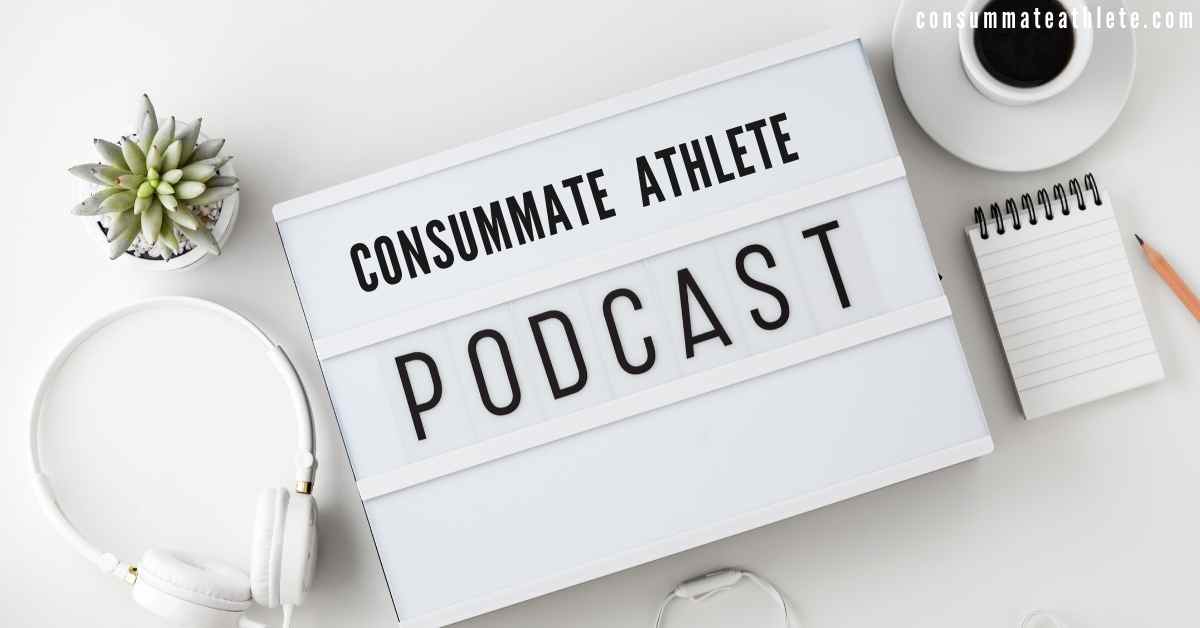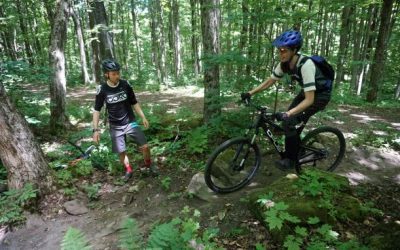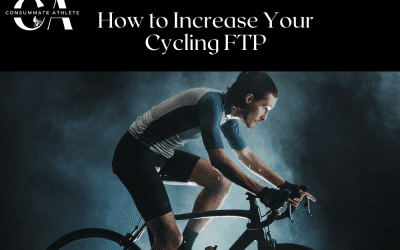Just because I’m not training full time, I can still go out and row.”
1) Why did you choose rowing?
– what are disciplines in rowing ?
Rowing gaining popularity
14 years of rowing—lots has been changing for women
Competitive as a kid “I can’t remember playing a sport for fun, not competition”
Always looking for new sport to push herself in
Needed a spring sport in high school—soccer, swim and debating track, lacrosse and parents suggested rowing
Really tall/aerobic base —> good for rowing
ARTICLE — RESEARCH ON DIVERSE ATHLETE GROWING UP! “Superperformers” (90% played 3+ sports in high school) LINK?
Diversity in sports – better for development
2) Your rowed collegiately … what were you in school for ? What could you have gone to wall street for ?
Title 9 would allow women rowers to get on well-developed teams
Didn’t choose scholarship school, went to school that made sense for her (Princeton)
“Could see the person I would become after four years there, and I wanted to become that person.”
2006 and 2011, Princeton won Nationals, but Hendershot was only there 2007-2010 “Helped influence it and build up to 2011.”
Named All-American
ROWING:
Full body movement, engages the other muscle groups, and makes you a well-rounded athlete
wind / technical aspects: on course, wind doesn’t hit the lanes the same way
lots of luck involved
evolution of equipment has changed speed/sport of rowing
TEAM/PARTNER:
8-woman boat in high school and college
4-woman boat in college in 2011
2011-2014 became more focused on 2-woman boat
Different boats have different techniques, help keep things fresh
Favorite was women’s pair: “It’s just you and one other athlete, it’s a very honest boat. You can’t hide in a pair.”
Post-College
Most classmates moved to normal jobs, making lots of money—Sarah went to job interviews, internship at a major bank (80-100 hr weeks for 3 months)
Realized that could be a solid career path, but wasn’t fulfilled, wasn’t feeling like it was for her
After school, asked if she could defer a job opportunity for 2 years while she focused on rowing, but she never went back—“I was too in love with the sport.”
2) After school you had success nationaly and even went to Olympics, tell us about the 4 years leading up to the olympics? ( training, hours, key workouts )
2012 Olympics: jumped into cycle out of college
Women’s national team trains out of Princeton (so didn’t need to move)
Access to 2008 team training in same facility made it more real/possible to be in the Olympics
Training dramatically changed: as student, you’re student-athlete, and academics are really rigorous
Ivy League colleges institute rules to make sure you can’t overtrain
Long, slow distance approach for Olympics
(2012 was 24 for Olympics)
All the volume wore Sarah down, needed to focus on mechanicals
“High volume approach essentially turned me into a zombie”
Need aerobic base, but intensity is forgotten—race is around 7 minutes long
“We’re training like we’re racing a marathon, when our sport requires us to be good at a 2K.”
Prefers more balance of volume/power in training plan
Every athlete is different—different strengths and weaknesses, and training plan should be developed based on individual athlete
Testing can help with this: VO2, lactate testing—see where your strength/weakness is
Self-experimentation is the easiest way, though. You’re an experiment. (Ex: High volume, Sarah was tired, fatigued, injured constantly. Changing to intensity and focus on power, form, skill—felt completely different and improved)
After London, hormones super out of whack after training 2 years at high volume
That cycle, felt so much happier and more engaged and enjoyed the process.
“If you don’t love what you’re doing every day, you can’t be the best version of yourself.”
Princeton team still follows high-volume plan, and by 2014 Sarah knew she had to leave and work with other coaches/psychologists/trainers to get healthy and get stronger—through that, scores improved, rowing improved, and general health improved
“Only option to make the team was to make the 4 or 8 woman boat, and that’s selected through the centralized Princeton center,” and her old coaches were on the decision-making process for the Rio selection
“I don’t look at my last cycle as a failure, I improved.”
The 4 years leading to the Olympics are what you remember: “the mornings, the routines, the little ups and downs”
3) Is there transfer from professional rowing to what the gym-goer or recreational
4) What is Where did Rowfficient come from ? Influences? Basis?
Taken the philosophy Sarah developed leading up to rowing and bringing it to people wanting to get into rowing or people trying to get into even just rowing on the indoor machine
“If you’re not moving efficiently in rowing or in other movement, you’re not going to reach your potential”
“Help regular population take aspects of how elite performers train and incorporate it into your life: quality and focusing on yourself as a human and mover before a specialized athlete”
Large range of people they work with: masters who want to stay fit (rowing/weight training and ability to move under load); CrossFitters (rowing is part of all competitions, so helping elite and rec CrossFitters master the rowing machine); juniors/collegiate/high school/master athlete and improving them in the sport.
Strength Training/Cross Training:
Deadlift translates the best visually and kinesthetically (angles are similar, as is order of operations and muscle engagement)
“Picking something heavy up and throwing it over and over again”
Biggest mistakes for beginner rowers:
Slapping chain is a sign of disconnection
Grab with arms or open with back
Slip butt back without moving handle
Only practicing slow rowing instead of adding intensity
Best Tips:
Move the load with the biggest muscles, i.e you should be moving the handle with their hips, not their arms
Every inch my hips move, the handle should move at inch
Slow down! Number in upper right is stroke rate on Concept 2 machine—aim for 18-24 per minute to start to focus on mechanics
Elite rowers do most training in that 18-24 zone
What is a bench mark / key workout for rowing success in your opinion?
2000 meter race—tested most universally, that’s what you ask a new rower
Lots of other options as well: 1 minute test for power; 5-6K for volume
Test a big spectrum to make sure power and aerobic capacity are both improving
~5:40 is men’s rough record for 2K; just under 6:30 for women
Transitioning out of sport:
Sarah lined herself up for a career after sport (school, business)
Elite/Olympic level still doesn’t have a lot of funding—very small amount to just the top athletes—so you need to figure out a way to support yourself
You have to have another job, and it has to be flexible
“I wanted something I could develop into a career when I was done”
Sara works with Smack Media now (“Everyone there is an elite athlete”: marathon Trials, pro golfer, etc.)
Take experience as an athlete and be able to apply it to work
“I wish I’d allowed myself to enjoy the day to day. There was so much stress… But maybe trying to be more even keel about it and enjoying the amazingness of being able to do it would have been better.”





